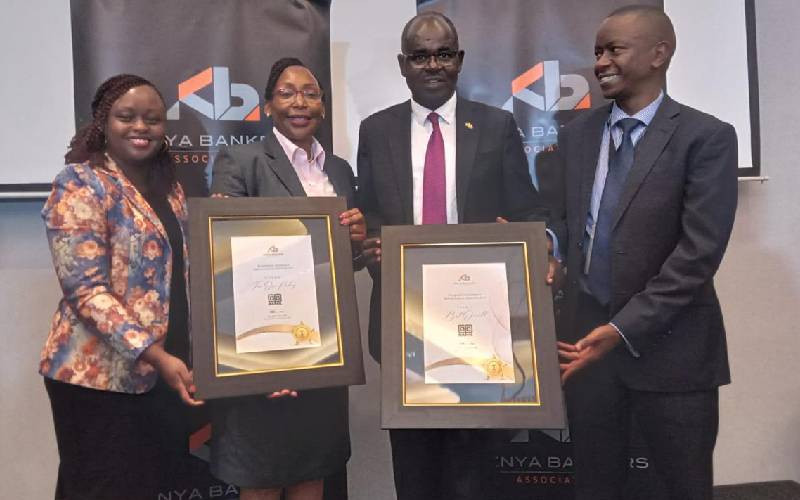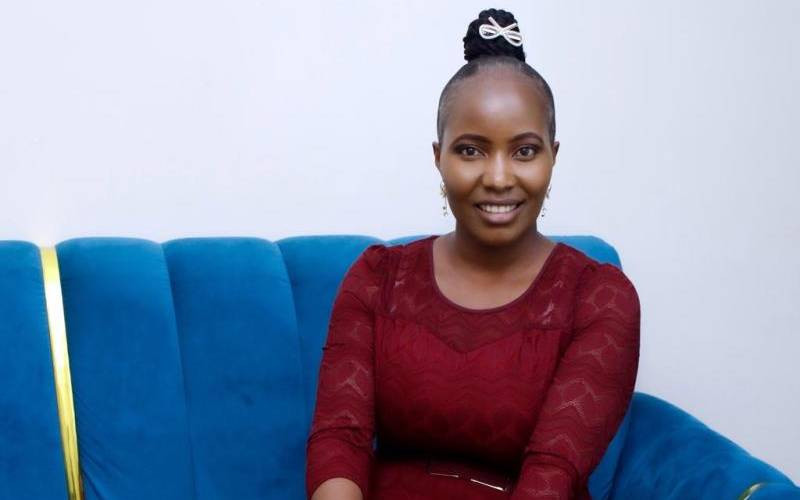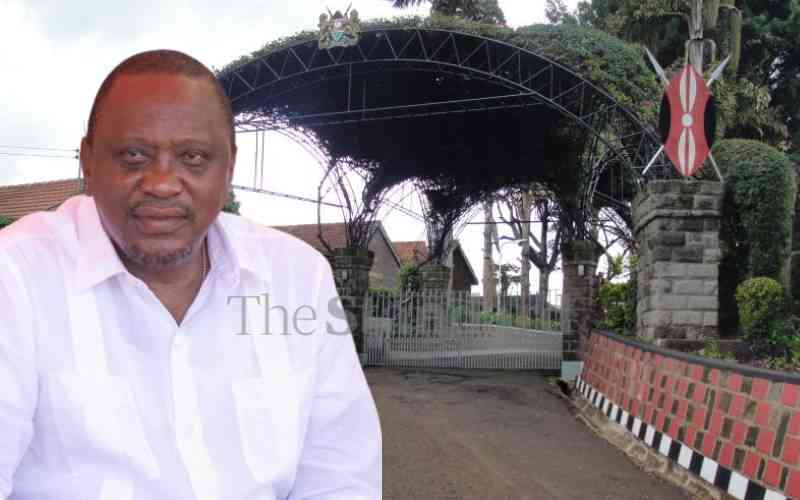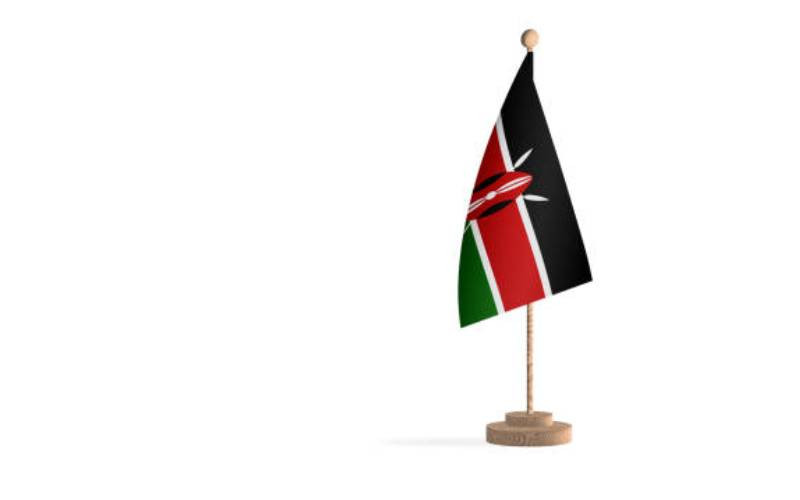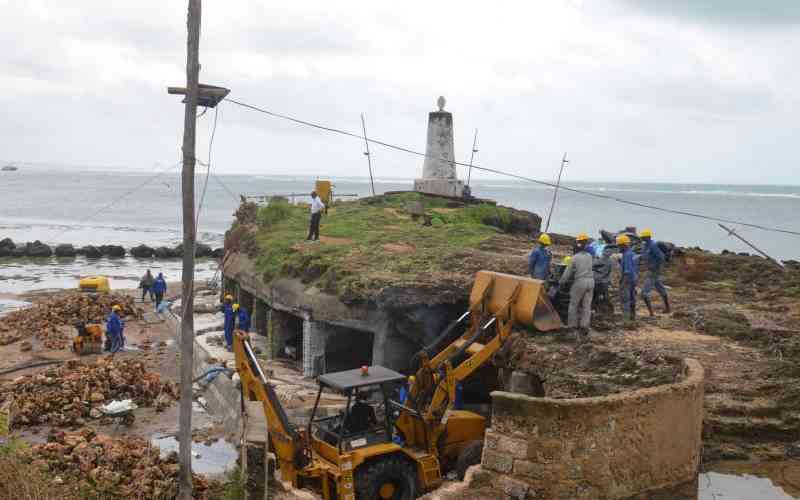
NAIROBI: When Jacqueline Mwangi read an article in The Standard that highlighted a report on the poor customer service Kenyans are subjected to, she felt she had to do something to improve standards.
“Kenyans are nice people who deserve that better than this,” she remembers muttering to herself.
She vowed to improve the state of customer service in the country and find a way to change how businesses interact with their clients.
In September last year, she founded Buyology, a company that seeks to help businesses, including supermarkets, retail stores, banks and restaurants,assess how customers are being treated in their premises, anonymously.
Buyology recruits mystery shoppers. These are regular people hired to visit company outlets pretending to be customers, who then report back on the service received and overall experience.
When being recruited, the shoppers are profiled so that if a company to be assessed is in Nakuru, for instance, the mystery shopper is from the area. Similarly, if an assessor has a car, he or she is more likely to be put on assignment at a petrol station.
Ms Mwangi says she has had a number of companies approach her to look into their operations, but she does not want to rush into taking up jobs without the right assessors in her database.
The mystery shoppers must have sharp observation skills, and know how to put on an act.
The shoppers are required to relay what they have observed in a report, and can be trained to act their parts, but Mwangi says this often gets easier with practice.
The concept is popular in South Africa, the UK and the US. Often, mystery shopping comes along with freebies, as companies want the shoppers to get the full experience, which will often require making a purchase whose cost is reimbursed.
“In these countries, companies understand that mystery shopping is very important in business. Companies should not just be acquiring customers, but also retaining them,” she said.
CONSTANT FEAR
Mwangi added that her way of carrying out mystery shopping assignments is different from what is implemented in countries like South Africa.
“We are not hiring mystery shoppers when assignments come up, we are recruiting them so that they are always on stand-by,” she said, adding that any Kenyan aged 18 and above can become a mystery shopper by applying through her buyology.co.ke website.
Stay informed. Subscribe to our newsletter
Mwangi says mystery assessment is a ground breaking concept because “when people know they are being assessed, they are normally on their best behaviour, making it difficult to get their true characteristics”.
So far she has three employees, two of whom are engaged in marketing the company.
There are fears that the concept may put employees in constant fear of being snooped on, but Mwangi does not think this will hurt a business.
“Any business would like to have their staff think the next customer to walk in could be a mystery shopper, as they will treat every client well,” she said.
Buyology has so far recruited 80 mystery shoppers.
“The cost we will charge clients will be pegged on how many people are carrying out the assessment,” she said.
“The client will also set a threshold on what purchases can be made. A company can say, for example, that our shoppers cannot spend more than Sh800.”
The assessors will work on a flexible schedule and be paid a fee, as well as reimbursed for costs of purchases. Mwangi is optimistic about the idea.
“I would not be doing it if I did not believe in it,” she said, adding that she would like to see her firm grow into a bigger research company.
“I see us changing the way customer service is delivered. We also want to create jobs, we want people to be independent.”
She promises the companies that hire her firm an understanding of customer experiences, recommendations to improve service standards, and measurable results that can be monitored regularly.
Mwangi has 10 years of experience in customer service and retail management in telecommunications. Besides Kenya, she has also worked in Uganda and Tanzania.
[email protected]
 The Standard Group Plc is a
multi-media organization with investments in media platforms spanning newspaper
print operations, television, radio broadcasting, digital and online services. The
Standard Group is recognized as a leading multi-media house in Kenya with a key
influence in matters of national and international interest.
The Standard Group Plc is a
multi-media organization with investments in media platforms spanning newspaper
print operations, television, radio broadcasting, digital and online services. The
Standard Group is recognized as a leading multi-media house in Kenya with a key
influence in matters of national and international interest.
 The Standard Group Plc is a
multi-media organization with investments in media platforms spanning newspaper
print operations, television, radio broadcasting, digital and online services. The
Standard Group is recognized as a leading multi-media house in Kenya with a key
influence in matters of national and international interest.
The Standard Group Plc is a
multi-media organization with investments in media platforms spanning newspaper
print operations, television, radio broadcasting, digital and online services. The
Standard Group is recognized as a leading multi-media house in Kenya with a key
influence in matters of national and international interest.


